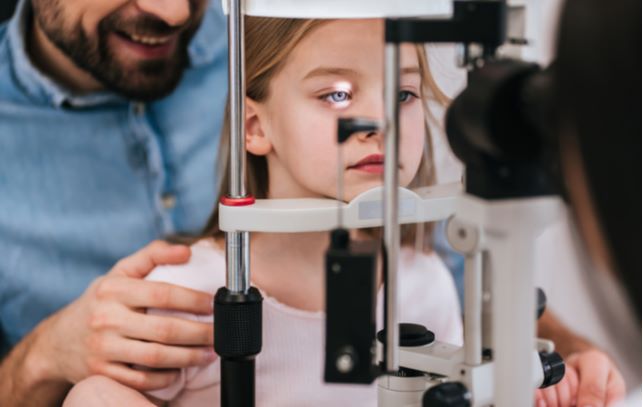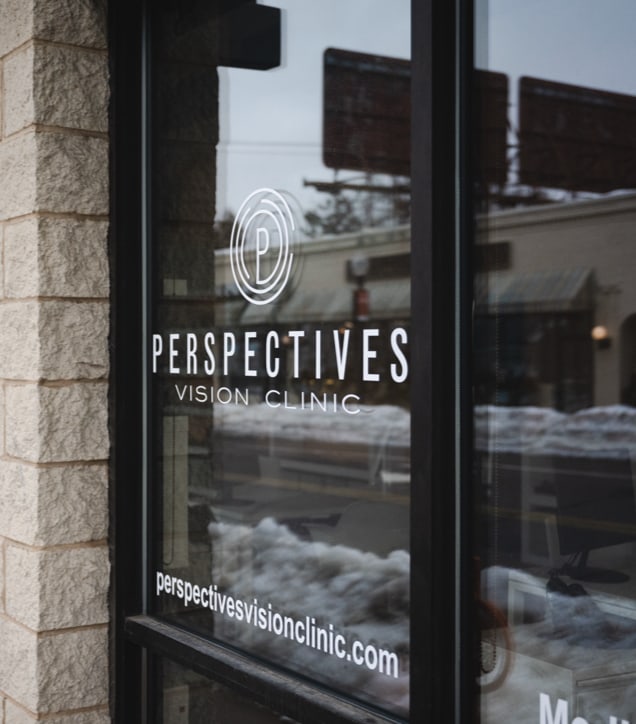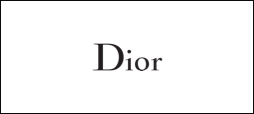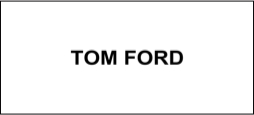Across the globe, more and more people (specifically children) are developing myopia (nearsightedness), a refractive error that affects the ability to see distances clearly. In fact, some studies suggest that almost half of the entire planet’s population will have some degree of myopia by 2050.
While we’ve talked about myopia treatment in a previous post, and we even offer a comprehensive Myopia Control service, one question many parents and patients seem to ask is, “can myopia be reversed?”
Unfortunately, the plain and simple answer is: no. There are no treatments available that can effectively reverse myopia. Myopia can progress into adulthood and, if left untreated, could increase the risk of several eye problems that may permanently affect your vision.
While there is no way to reverse or cure myopia, there are several ways our team can help manage its symptoms and how it develops, but it’s essential to start as early as possible. Today, we’re going to look at why managing myopia during childhood is so important, and we’re going to look at the issues myopia may lead to if it’s left to develop.
As always, if you’re interested in seeing how our team can help manage the eye health or vision of you and your family, please feel free to get in touch with us today!
Myopia: What You Need to Know
Because of its prevalence, myopia is a well-researched topic in optometry. Countless articles study the effects of myopia, how it develops, and the various strategies to help control its development. There is so much information available that some people dedicate their entire careers to studying the issue.
However, we completely understand if you don’t feel like pouring through the details yourself. While myopia is a complex topic, some of the essential points you should know are:
- Myopia typically develops in school children, between the ages of 8 and 12.
- Myopia develops when the eye grows too long, or the cornea becomes too steep.
- Myopia could affect your child’s quality of life, like their performance in school and sports.
- Myopia is genetic, meaning that the risk can pass through generations.
- Spending too much time indoors or doing up-close tasks could contribute to myopia development.
Signs of Childhood Myopia
Myopia is so important to detect and manage because of how early it can develop. As we mentioned earlier, myopia typically develops in children between the ages of 8 and 12, but it could also develop earlier or later in life.
Only eye care professionals can help detect myopia, but it could cause other symptoms that may signal its development, like:
Problems At School
Your child relies on their vision for 80% of their learning.
On a typical school day, your child may have to read from a whiteboard from the other side of class, play sports with friends, or participate in tasks that could rely on their vision to do correctly. If their distance vision is affected, they may find it challenging to keep up with lessons, respond quickly to events while playing sports, or read signs and directions posted around the school.
If your child expresses frustration with these kinds of tasks, it could be a sign of myopia.
Behavioral Issues
While vision plays an important role in your child’s learning, myopia can also affect how your child behaves and interacts with the world around them.
If they are developing myopia, you may notice your child:
- Positioning themselves closer to TV, computer, and device screens
- Lose a sense of spatial awareness
- Squinting to read or see something in the distance
Physical Symptoms
Even though myopia is a vision problem, it can also contribute to physical symptoms over time. Some of the most common include:
- Headaches
- Eyestrain
- Eye fatigue
What Is High Myopia?
Myopia generally stabilizes by the time your child turns 20 years old, but it could still progress after this age. Over time, it may become high myopia, an issue that could increase the risk of developing various eye diseases and conditions. In some cases, these issues could also lead to permanent vision loss.
Some of the most common problems include:
Open-Angle Glaucoma
Open-angle glaucoma is a common eye disease affecting millions of Americans, but having moderate to high myopia could increase the risk of developing it by 50%.
Glaucoma is a group of eye diseases that affect a part of your eye called the optic nerve. It develops slowly, but it could cause permanent vision loss over time.
Cataracts
Cataracts are a common age-related eye condition that develops when your eye’s natural lens (crystalline lens) becomes more rigid and opaque over time. Though the condition could affect your vision, cataract surgery can help treat the issue and restore clarity to your sight.
Studies suggest that people with high myopia are 17% more likely to need cataract surgery later in life.
Myopic Macular Degeneration & Retinal Detachment
Because of how myopia develops, the tissues in and around the eye can stretch and thin over time, leading to a few different problems that affect your retina.
Your retina lines the back of your eye and houses various photoreceptive cells, called rods and cones. These cells collect light entering your eye and interpret it as vision for your brain. The macula is the centermost part of your retina, and it’s responsible for providing the central sight you use for reading or seeing fine details.
However, as myopia causes the eye to grow and elongate, it can deteriorate the retina and permanently affect your vision. In some cases, your retina could tear and detach from your eye, causing permanent vision loss.

Getting Help for Your Child
While myopia is common, our team can help manage it with several different techniques.
In some cases, your child may only need a pair of glasses or contact lenses to help correct their vision. But if your child’s myopia seems to be progressing further, we can help by offering multifocal glasses and contact lenses.
Your first step, though, is to book an appointment.










